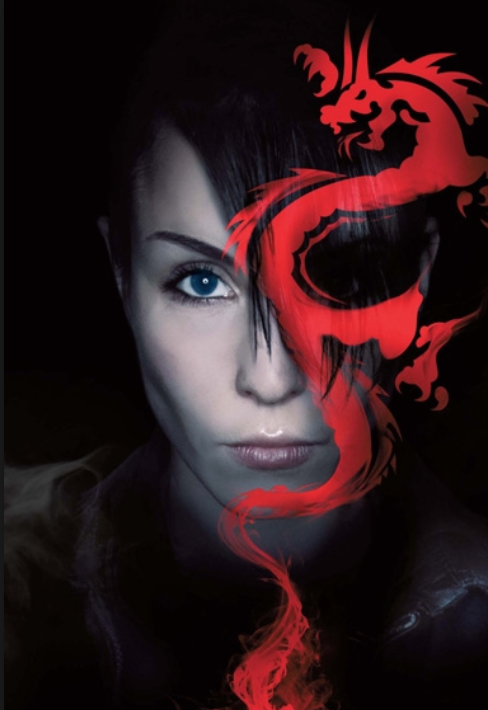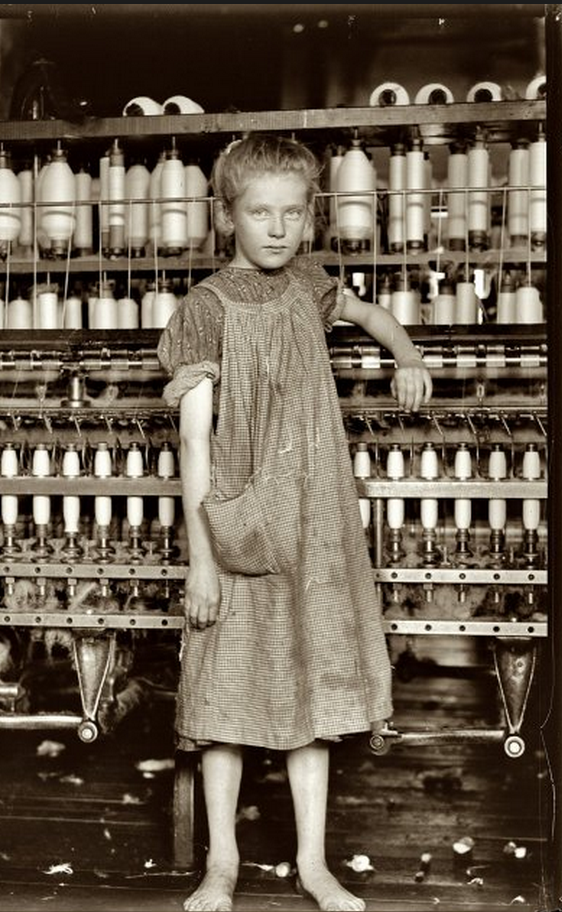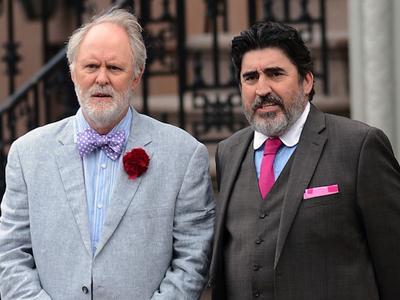 It’s been 10 years since Stieg Larsson’s untimely passing, and The Girl With the Dragon Tattoo author would have turned 60 last week had he lived. But while the world would be a better place if he had, the mythology of his own story – especially the fact that he died of a heart attack before the first volume of his best-selling trilogy was published – has only heightened the international impact of his blazingly anti-imperialist and pro-feminist thrillers. Given that he dedicated his life to exposing the violence, racism, and right-wing extremism lurking in his seemingly liberal home country of Sweden, I suspect he’d have considered his early demise a worthy sacrifice. In fact, he may even have anticipated it.
It’s been 10 years since Stieg Larsson’s untimely passing, and The Girl With the Dragon Tattoo author would have turned 60 last week had he lived. But while the world would be a better place if he had, the mythology of his own story – especially the fact that he died of a heart attack before the first volume of his best-selling trilogy was published – has only heightened the international impact of his blazingly anti-imperialist and pro-feminist thrillers. Given that he dedicated his life to exposing the violence, racism, and right-wing extremism lurking in his seemingly liberal home country of Sweden, I suspect he’d have considered his early demise a worthy sacrifice. In fact, he may even have anticipated it.
Certainly he packed an impressive amount of living into his fifty-year tenure on earth. Born in a Northern Sweden mining town, Stieg was raised by his grandparents after his father contracted arsenic poisoning from working at the local smelting plant. When his grandfather died at fifty of a heart attack (sound familiar?), Stieg joined his parents in the bigger city of Umeå, whose urban inequities incensed him even at the ripe old age of nine. At age fifteen, he witnessed a gang rape without intervening. Though he eventually asked the victim for her forgiveness, she refused. And thus are the makings of an anti-establishment literary superhero.
We could argue that everyone’s adulthood is a response to their seminal years but it seems particularly true of Larsson: The rape victim’s name was reportedly Lisbeth, which is the name he gave to the powerful, and powerfully broken, heroine of his best-selling novels; the original title for The Girl With the Dragon Tattoo was Men Who Hate Women; and he worked as a radical journalist and activist who trained female guerrillas in weaponry skills while he wrote novels at night. But it is those novels he wrote to unwind that have most avenged his early experiences. The Girl trilogy made him (posthumously) one of the most best-selling authors of the Aughts – which means that millions upon millions of people have hung on every word of the adventures of a punk-rock, anti-social, bisexual, survivor-savant, law-breaking woman warrior. Continue Reading →
 Whenever someone asks me how my summer’s been, I say it’s been worky.
Whenever someone asks me how my summer’s been, I say it’s been worky.

